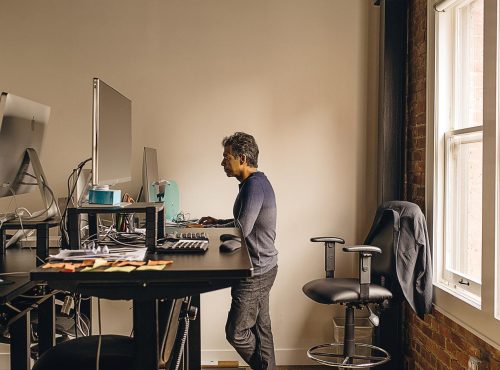
Kaizen in Everything. But Why?
“The only true test of intelligence is if you get what you want out of life.” – Naval Ravikant
Win or learn.
That’s the philosophy that’s permeated coaching and performance culture in recent years.
It was the famous title for John Kavanagh’s best-selling autobiography. And it’s a mindset that seems to have taken hold across multiple sports and other pursuits since then.
Whether it’s in business, in sport or in life, it’s always been stated that true growth comes through failure. This is why seeking failure has been a common characteristic of elite performers in any walk of life for millenia. That is the only way that we may reach for our full potential.
“Falling down is not a failure. Failure comes when you stay where you have fallen.” – Socrates
“Twenty-six times I’ve been trusted to take the game-winning shot and missed. I’ve failed over and over and over again in my life. And that is why I succeed.” – Michael Jordan
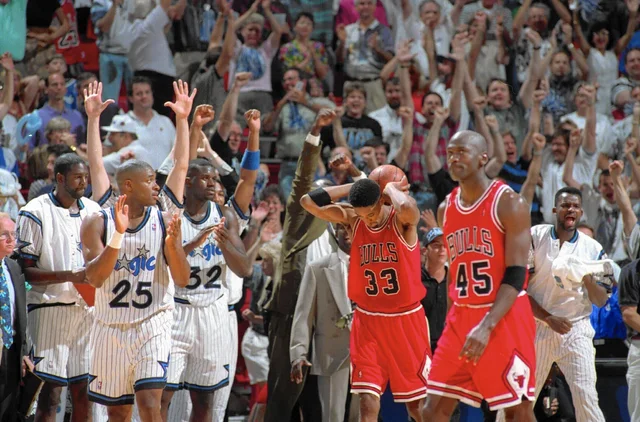
We must try and try and try again, and if everything we touch is turning to gold, then it’s likely we’re not trying hard enough. If we have an incredibly high success rate early on, then it may mean that we’ve not yet left our comfort zone. And if we are to improve, it is not by continuing to easily execute in pursuits that do not challenge us, but by exiting our comfort zone and challenging ourselves to do something that we’ve not yet done.
However, it is not enough to simply fail. What we have to do is, following our failure, analyse our performance, analyse our process and identify how we are going to improve in the future.
Fail forward.
As a society, we may have always been willing to take lessons from loss, but that doesn’t mean that as individuals, we are always keen to lean into those instances where we’ve fallen short.
It’s always easier to simply forget that it’s happened. Choosing to employ a selective memory in response to a missed opportunity, may make us feel better in the short term, but it is also likely to increase feelings of grief, jealousy or regret in the future. Unfortunately, it’s quite difficult for us as humans to overcome any feelings of trauma that haven’t been addressed and dealt with. It will always manifest itself in some other way in other aspects of our life.
The only way is through, not around.
Failure and improvement come from a self-reflective process. We must look inward and have the difficult conversations with those around us. Only by both sounding out our own thoughts and seeking the opinions of others, can we hope to add strings to our bow, and become a more well-rounded and resilient performer in the future.
Another aspect of failure that I’ve come to become more comfortable with, is assessing not only the outcome, but how we performed along the journey. I would always preach that we should favour performance over outcomes. It’s part of my job and leads to more stability in terms of mental and physical performance over time. But if I preach that day in and day out, but change my tune when it comes to the ultimate outcome or game, then I’m afraid I’d be being a total hypocrite.
You see, achieving the external, ultimate outcome would be great, but that’s not the only reason why we strive to achieve. We strive to see how far we can go. And if we’ve gone as far as we could go at this point, then that’s ok. It’s not our time yet, but that doesn’t mean it never will be.
The reason we enter any sporting pursuit is usually for a combination of both the sheer joy of playing, but also to develop and challenge our own skills. The most important of which, in both sport and in life, are our mental skills.
During an easy victory, we are not often given this opportunity to see where we are. This is why total blowouts in sporting fixtures are not often remembered, and are often spoken about as “benefiting neither team”.
We learn a lot from fighting off a late comeback from a valant opponent, but often it just ends up affirming our beliefs about ourselves.
Where we learn the most about ourselves is when the chips are down.
Reaction in the face of adversity is when you learn the most about a person or team’s character.
How do we react? Do we give up and concede that there’s no hope and no point in trying? Or do we give it our best and see how far that takes us.
So even if the ultimate outcome doesn’t go our way, but we’ve given our best in the face of adversity, there should be some element of our psyche that is grateful for the loss. Grateful for the challenge. Grateful for the opportunity to learn and improve.
We must think about what we have gained and what of our opponents. Sure, they may have achieved the glory of victory, but it’s unlikely that they’ll go through the same reflective process that we will. So therefore, it is unlikely that they’ll improve to the same degree that we will. And unlikely to gain as much in the long-term, from the encounter as us.
The outcome is not as important as the performance. The glory is not as important as our reaction. The destination not as important as the journey.
Keep going, seek better, grow and believe you can be more.
Be present, be grateful for the opportunity and look for areas where you can improve.
Be proud of what you’ve done so far, but know that you’re capable of so much more.
To all my lads and ladies out in Thomas Davis GAA club, I couldn’t be prouder of every one of you.
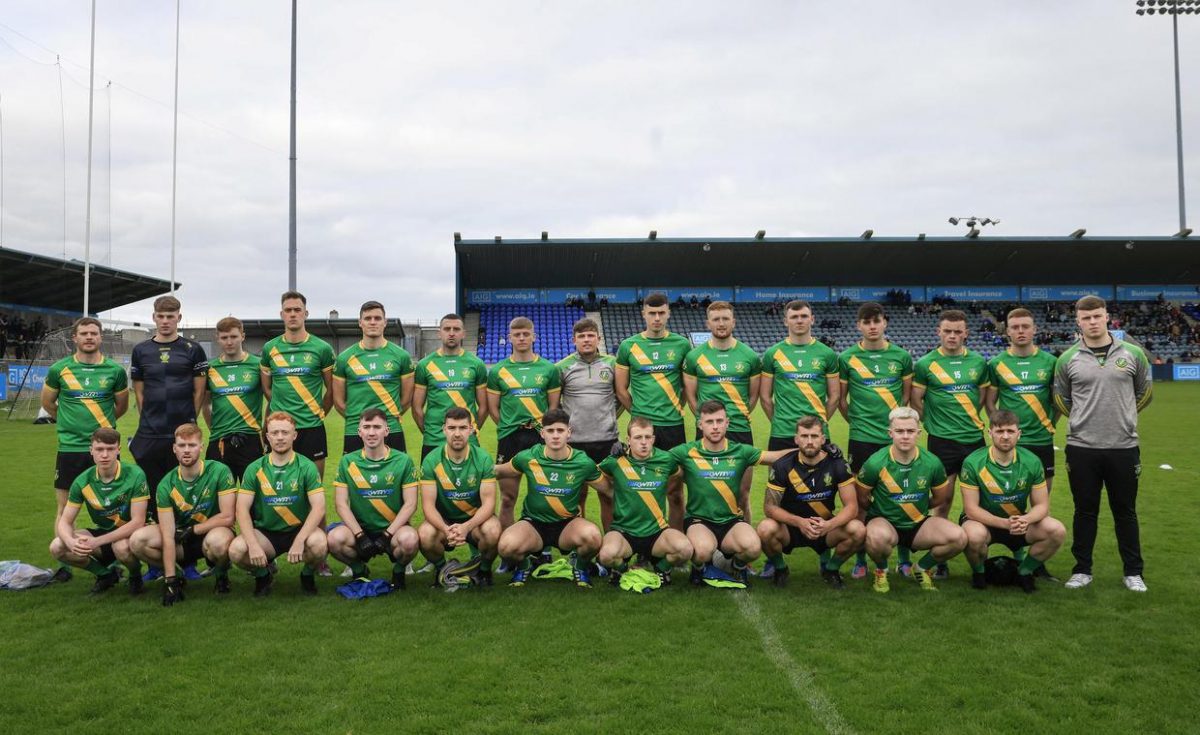
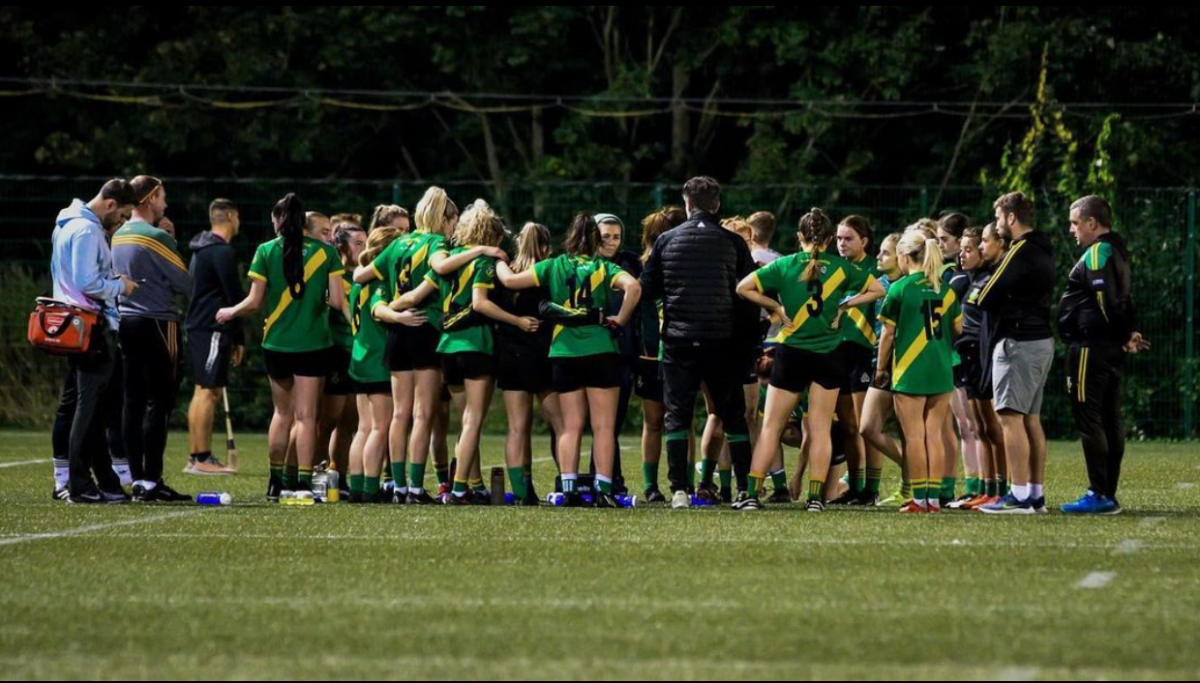

“The only true test of intelligence is if you get what you want out of life.” – Naval Ravikant
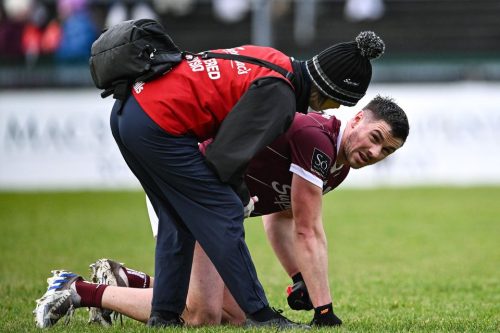
So, we can see that when it comes to our training, a certain volume of work when paired with adequate recovery is positive for our development, but if that same intensity of work is mismanaged and spiked, then the same exercise intensity can be toxic to the athlete.
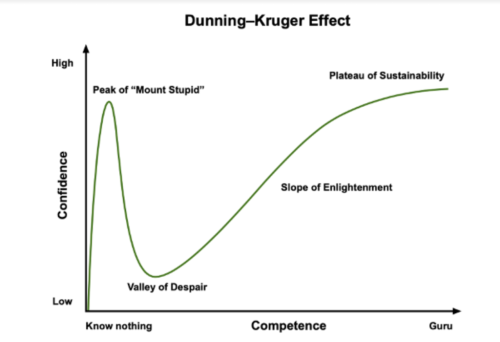
Unfortunately, it takes a fall from the peak of mount stupid, on top of the Dunning-Kruger curve, for many of these lessons to land home.
Here to help you achieve your health and performance goals.
At Petey Performance, I’ll assist you every step of the way. What’s stopping you?
Take ownership today.
© 2021 All Rights Reserved
Subscribe to Petey Performance and get updates on new posts plus more exlusive content.